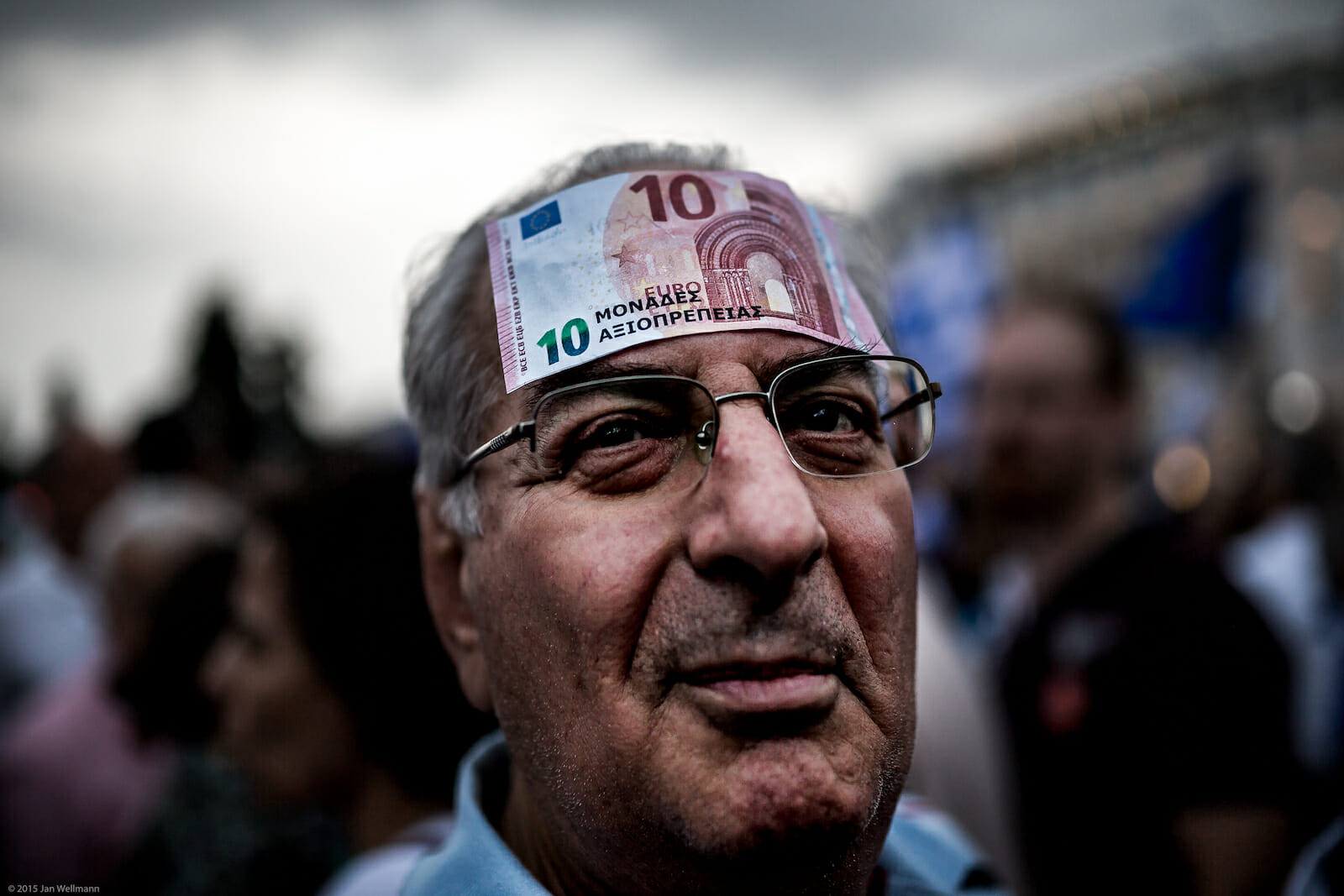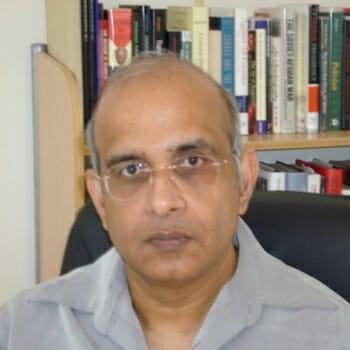
What’s Left?
The public suicide of 77-year-old pharmacist Demitris Christoulas a short distance from the parliament building in Athens and the outpouring of grief and anger reveal the trauma and desperation in Greek society in the midst of an economic crisis. In a handwritten note before he shot himself in the head, Christoulas complained that the government had made it impossible for him to survive on the pension he had paid into for 35 years. The note on his body said, “I find no other solution than a dignified end before I start searching through the trash for food.”
To get a rescue package for its economy and to keep its place in the euro zone, the Greek government has slashed wages and retirement pensions by as much as 25 percent. With the unemployment rate exceeding 20 percent, Greece faces a national ordeal. Last year, the government admitted that suicides had risen by 40 percent over the previous two years.
A day before Christoulas ended his life, an Italian woman of 78 in Sicily had jumped from the balcony of her third-floor apartment. Her monthly pension had been cut from 800 to 600 euros and she could take no more. Her son said, “The government is making us all poor, apart from the wealthy, who they don’t touch, in contrast with us workers and small businessmen who are struggling with heavy debts.”
A week before, a businessman tried to commit suicide by setting himself alight outside a tax office. He had lost his appeal against a claim of unpaid tax. And a 27-year-old construction worker of Moroccan descent set himself on fire because he had not been paid wages for four months.
Thus an alarming trend, first seen among India’s debt-ridden farmers in the 1990s, has spread to the European Union, where citizens have begun to end their lives because of crushing poverty and utter hopelessness. There is a feeling that rich will become richer at the expense of poor, that governments will either side with the wealthy, or be impotent in the face of powerful institutions determined to force economic re-engineering on nations that will bring the greatest pain to the greatest number of people.
The age-old social contract between the state and its citizens is in an unprecedented crisis. Philosopher Jean Jacques Rousseau implied in his eighteenth-century work A Discourse On Inequality that natural inequality, meaning disparity between human strength and weakness, is established by nature. But moral inequality is based on a kind of convention that is established or at least authorized, by the consent of men. Today, the system of privileges, which some enjoy to the prejudice of others, is fighting for legitimacy. Those who are privileged are “more rich, more honored, more powerful and in a position to extract obedience.”
Human evolution has been an epic struggle against moral inequality, which inevitably leads to the accumulation of wealth and power and abuse of both. That monumental struggle is at a crucial juncture. On one end are forces of unrestrained capitalism that have been in the ascendancy since the collapse of communism. On the other, expressions of mass opposition in the form of the Arab awakening and the occupy movements in the American and European continents.
People’s movements are usurped by the very forces they were supposed to fight. The prospect looks more bleak and bloody. To pessimists, the contest between the corporate interests, international institutions and ruling elites on one hand and the citizens on the other is increasingly one-sided.
The feeling of disenfranchisement has spread to the north. Modern capitalism has created conditions, not unlike those found under communism, which allowed party bosses and bureaucrats to control the population. Democratic centralism, sanctified by Lenin as “freedom for discussion, unity of action” at the Tenth Party Congress in 1933 may look obsolete a quarter century after Soviet communism collapsed. But corporate businesses and international financial institutions, working in harmony with politicians and other members of the ruling elites using state instruments, have gained unprecedented control over vast numbers of citizens today.
The pyramid of power is intact. Social democrats once provided an alternative with a conscience to the extreme rightwing monetarism. But they have all but surrendered to the neo-capitalist theory based only on growth and the idea that the one and only social responsibility of business is to make a profit. Political labels of Left and Right have become meaningless. And autocratic instincts of capitalism of today mirror those of communism of the days gone by.

